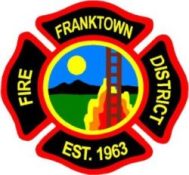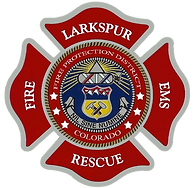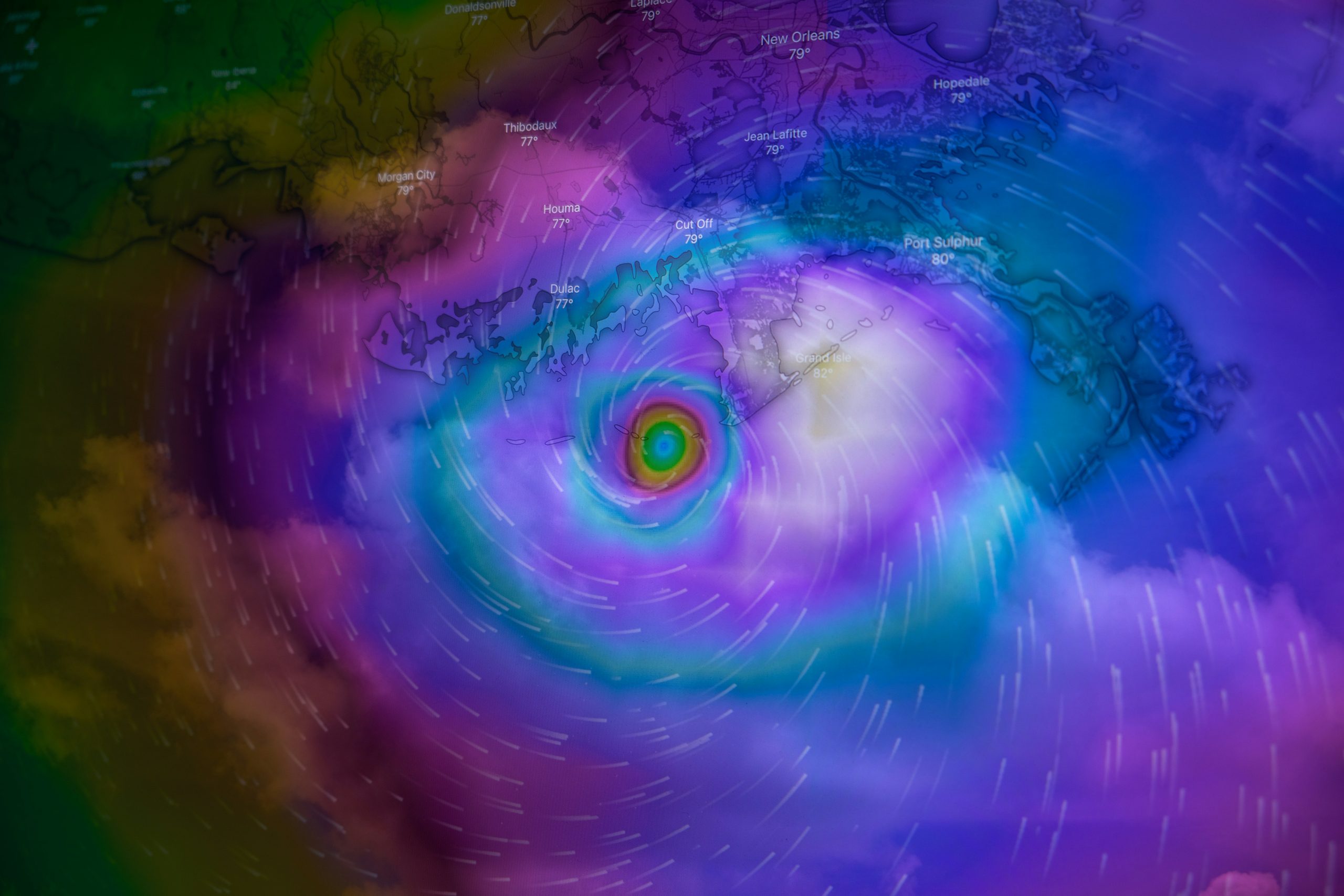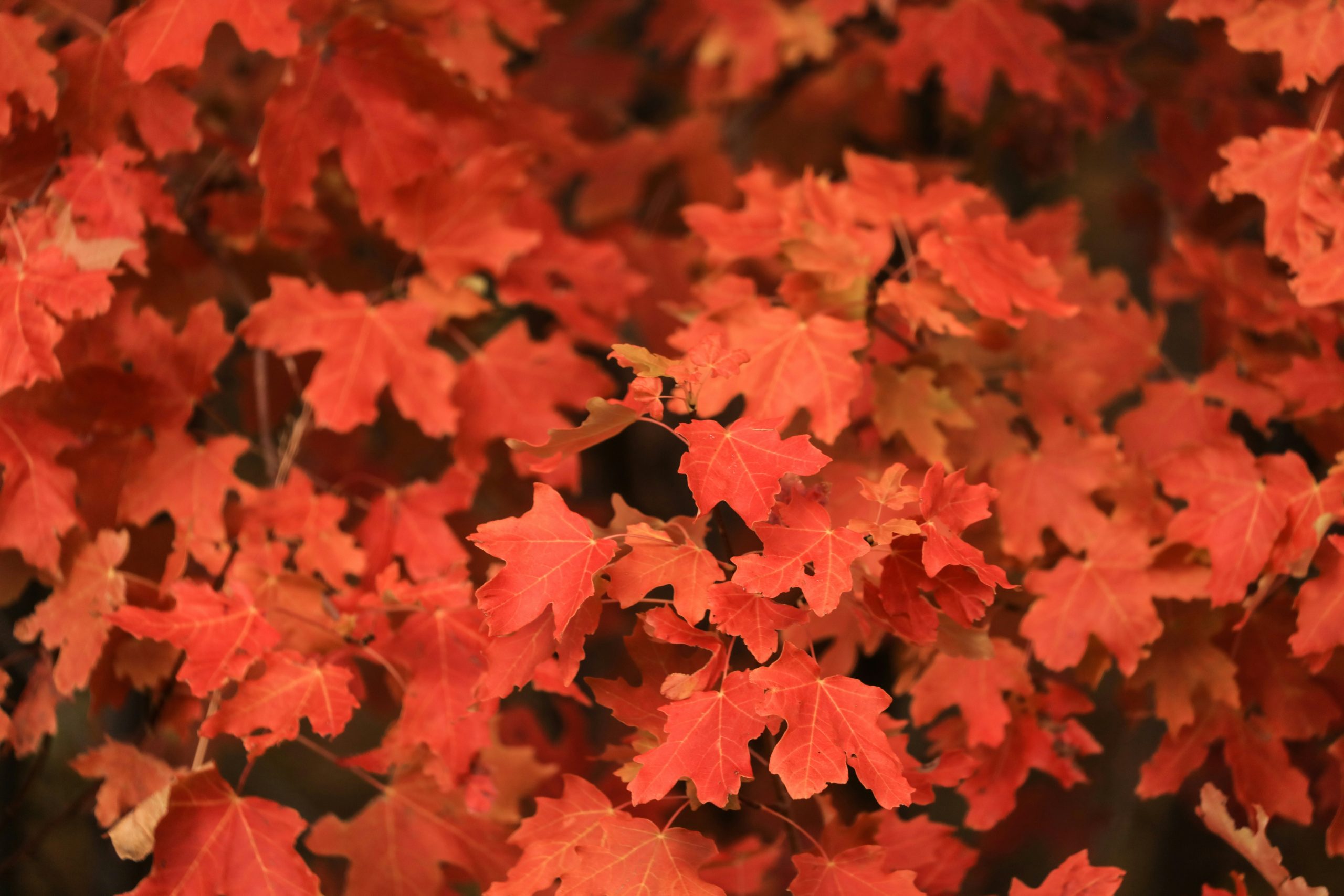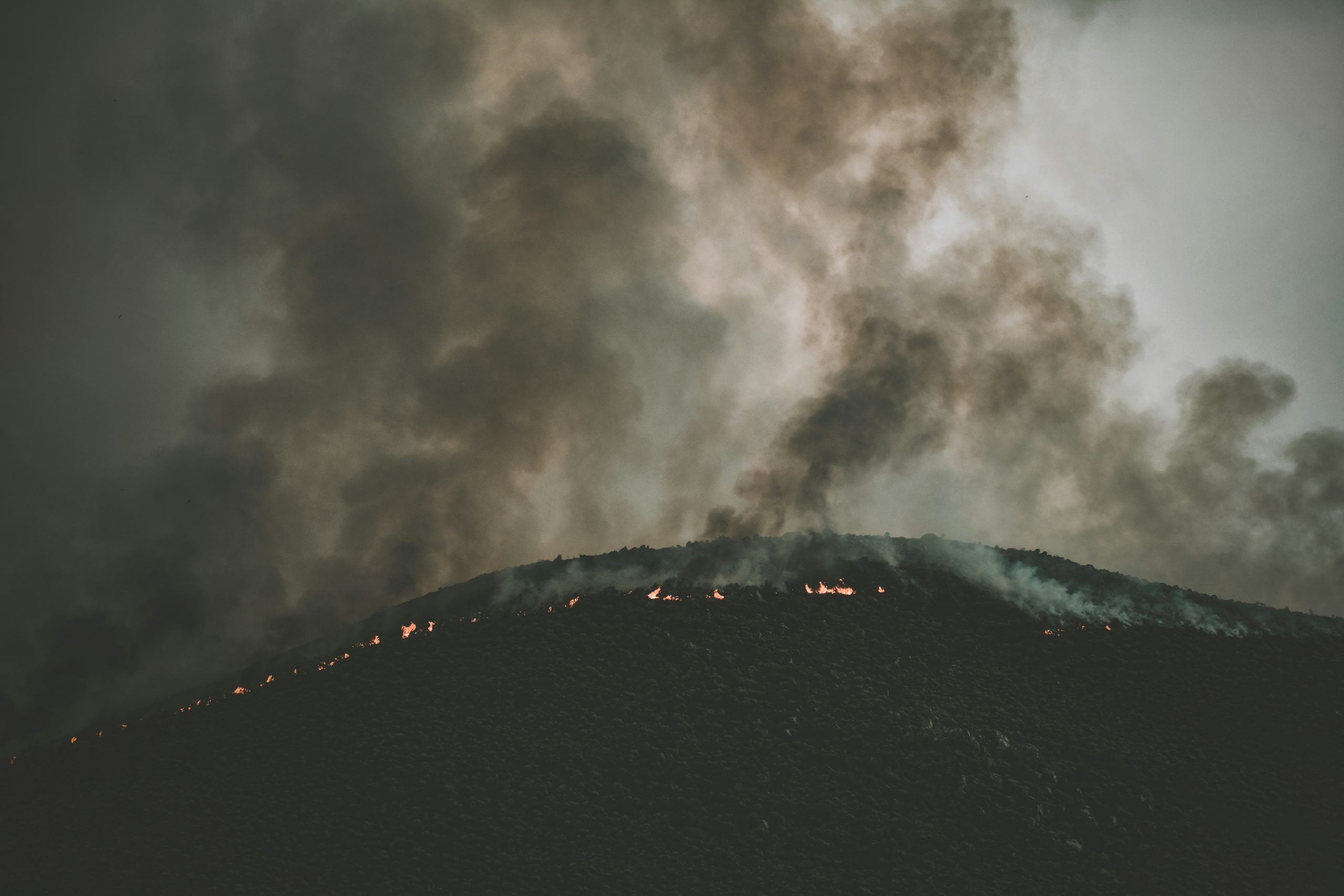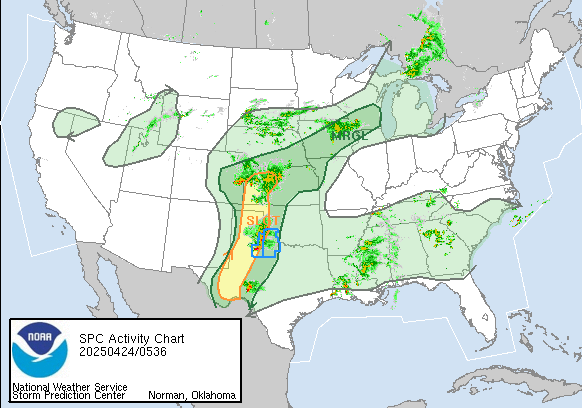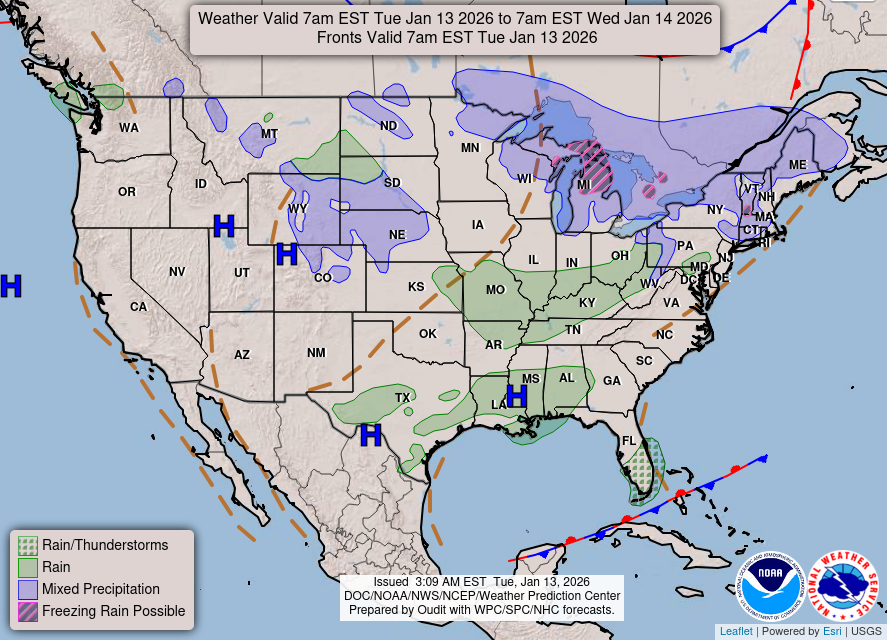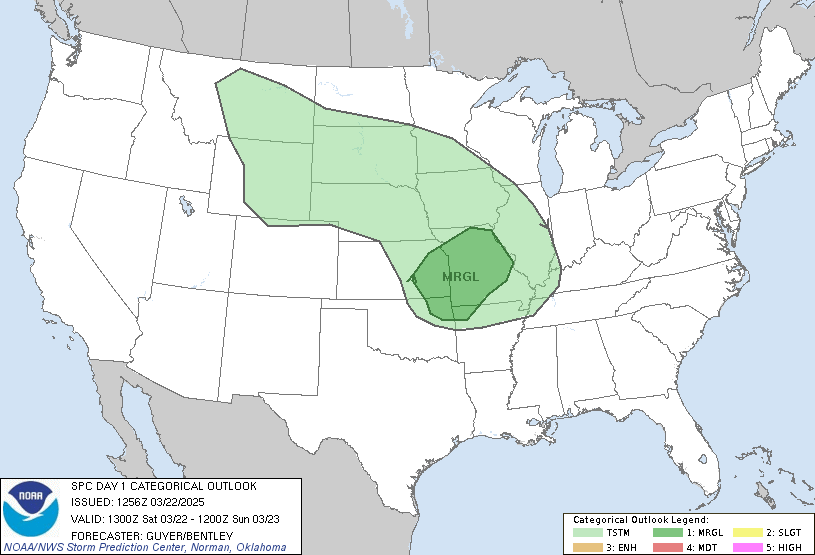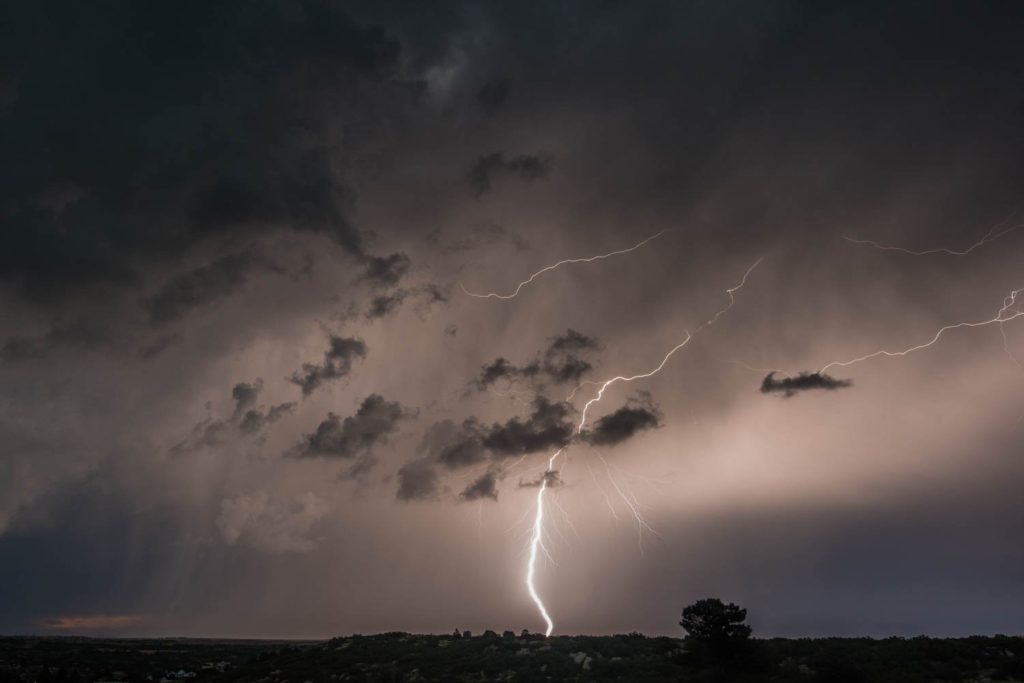
Skyview Weather
Providing Enhanced Safety and Cost Savings Through Accurate Forecasting and Timely Updates
Winter Weather Season is Here! Contact us to learn how we can help with planning and post storm reports!
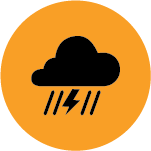
Lightning Notifications
Personalized monitoring of satellite, radar, and lightning networks by our team of meteorologists focused on your precise location and needs.

Severe Weather Updates
Real-time notification of strong or severe weather targeting your facility, including assessment of actual risk, timing, and potential impacts.
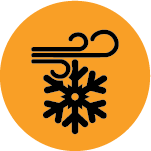
Winter Weather
Timely updates and decision support for snow and ice potential within your service area or school district, with a focus on efficiency and safety.
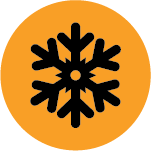
SnowREPORT
Detailed report of meteorological conditions during snowfall event, snow totals, and detailed area map. Certified to be accurate.

Fire Weather Support
Custom fire-weather forecasts and briefing products, including real-time monitoring of fire weather conditions for your location or incident site.
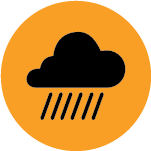
Flash Flood Support
Prediction and proactive notification of heavy rainfall events capable of flash flooding, debris flows, mud slides, or excessive runoff in your area.

Special Event Coverage
Hand-crafted forecast products, real-time monitoring, and safety-focused decision support for weather-sensitive outdoor events of any size.
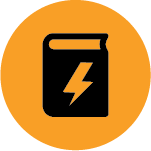
Education and Training
Personalized training by our staff of experienced meteorologists. We offer classes for severe weather, lightning safety, winter weather and more.
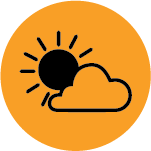
Custom Forecasts
Hand-crafted forecast products for your specific location and tailored needs. Verbal consultation from our staff of meteorologists.
Skyview Weather’s operational and forecasting services are trusted by partners across the US
Enhancing Safety and Cost Savings through Cutting-Edge Forecasting and Timely Updates
In the realm of weather forecasting and safety, Skyview Weather has been a steadfast ally for over 30 years, providing unparalleled services in Colorado and Utah. As a premier provider, we have carved a niche in the industry, offering a comprehensive suite of services that range from live weather support to detailed forecasts and extensive weather data and reports.
-
Free lightning apps provide generalized information and often lack the operational precision that Skyview Weather offers. For example, free lightning apps use the NOAA satellite lightning feed to estimate lightning activity using a 3×3 kilometer grid. This lightning data is approximate and only captures lightning flashes that are visible from space.
Skyview Weather uses USPLN data to provide instant operational lightning notifications, ensuring users have precise lightning strike information. This is particularly useful for outdoor events and safety planning. -
The Skyview Weather app uses United States Precision Lightning Network (USPLN) data to alert users. The USPLN offers several advantages over satellite lightning feeds:
Accuracy and Precision: USPLN provides highly accurate and precise data on lightning strikes, including exact locations and times. This level of detail is considered superior to what satellite feeds can offer, and is used by operational meteorologists across the industry.
Real-Time Data: USPLN delivers near real-time lightning data, which is crucial for safety and outdoor event planning. Satellite feeds may have delays in data transmission.
Comprehensive Coverage: USPLN covers a wide area with a dense network of sensors, ensuring comprehensive detection of lightning strikes across the United States. This extensive coverage can be more reliable than the broader, less detailed coverage from satellite feeds.
Data Quality and Reliability: The data from USPLN is often validated and verified, ensuring high quality and reliability. Satellite feeds might not undergo the same rigorous quality control.
These features make USPLN a preferred choice for professionals who need precise and reliable lightning data. The Skyview Weather app delivers this operational lightning feed directly into the hands of our clients.
Blog Posts
-
Tropical Storm Helene: A Growing Threat to the Gulf Coast
Tropical Storm Helene has formed in the eastern Gulf of Mexico, showing signs of rapid intensification as it approaches the U.S. mainland. As of the latest advisory from the National Hurricane Center (NHC), Helene boasts sustained winds of 40 knots (46 mph) and a central pressure of 1000 mb. The storm is expected to strengthen…
-
Fall Is Officially Here: Weekend Storm Recap, Fall Foliage, and Weather Outlook for the Month Ahead
This past weekend marked the official arrival of fall in Colorado, as cooler temperatures and a stormy system swept through the region. While the mountains saw their first significant snowfall of the season, many across the plains experienced a marked drop in temperatures, signaling the end of summer. The system brought rain and snow to…
-
Bridge Fire: Southern California’s Blaze Sends Smoke Across States
In a dramatic turn of nature’s unpredictability, the Bridge Fire, still raging in the Angeles National Forest, continues to pose a significant threat not just to Southern California but also to distant regions. This wildfire, which ignited on September 8, 2024, has now burned over 54,000 acres and is affecting air quality as far away…



